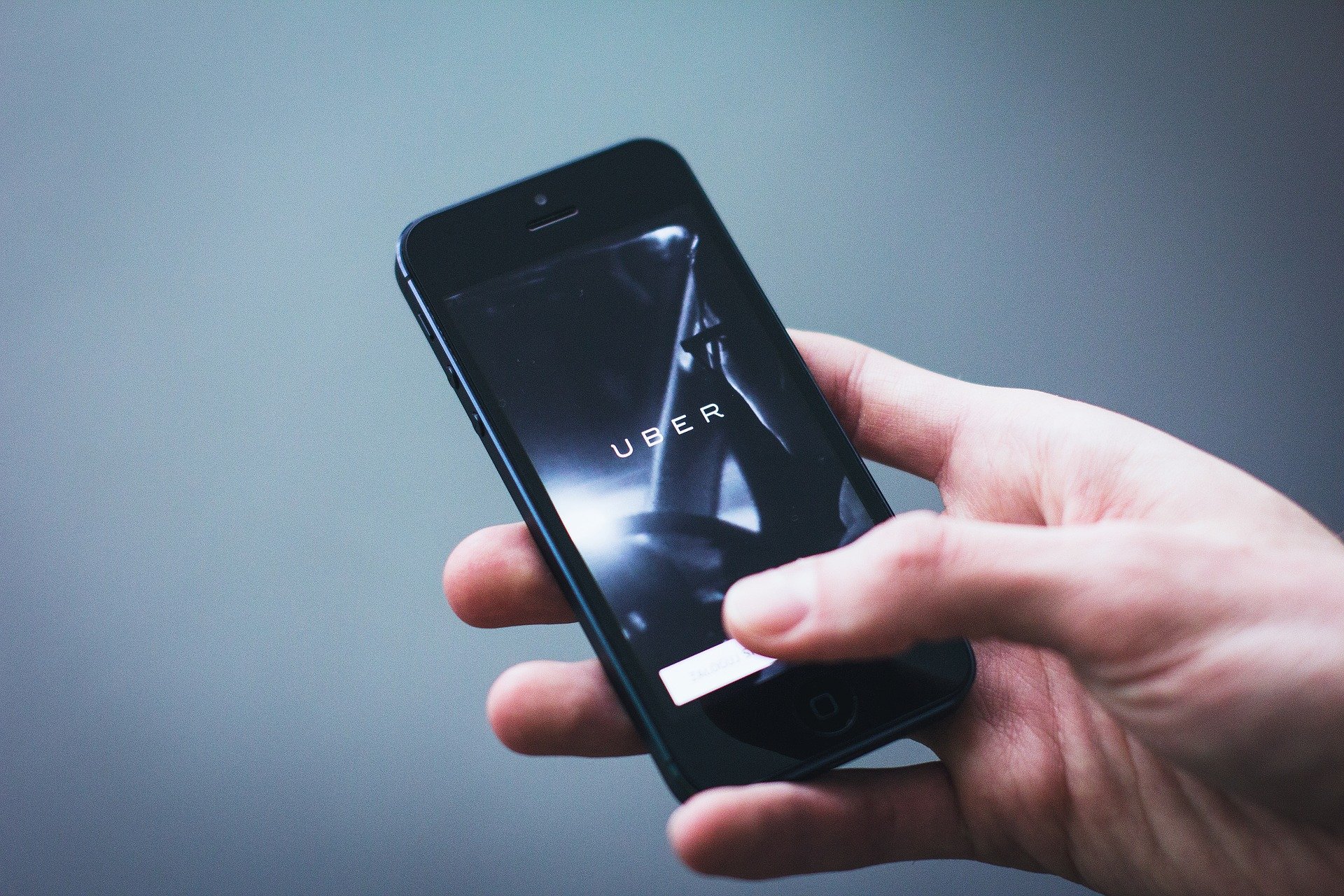The gig economy is where independent workers and freelancers find ‘gigs’ or temporary work usually on online platforms like Uber or Instacart. It has provided endless opportunities to make money from a variety of income streams. For many, the extra income stream is a bonus. While others rely on these online platforms for their main or sole source of income.
Uber drivers are a good example. Some earn their sole source of income from driving or owning Uber vehicles. Uber does not consider Uber drivers employees but classifies drivers as independent contractors or freelances. Uber drivers have fought long and hard to have their status changed from independent contractor to employee.
Employees vs Independent Contractors
Employees have more rights than independent contractors. They are subject to labour laws while freelancers are not. Labour law imposes standards such as minimum wages, annual leave, sick leave, overtime pay, paid lunch breaks and health insurance. It’s easier for Uber to classify drivers as independent contractors as they can avoid the administrative and financial burdens employees entail. Uber drivers, in many countries, have demanded that Uber reclassify them as employees and have taken to the courts to enforce their rights.
Who is an employee?
The definition of an employee varies across jurisdictions but the main indicators of an employee are the following:
- Whether the company controls the worker including working hours and how the work is done.
- Whether the worker is financially dependent on the company.
There are other indicators: whether the worker forms part of the organisation, whether they can choose the tools of the trade and whether they can send someone else to perform their duties. It is not necessary to conclude a written contract of employment to be classified as an employee. It order to terminate a employment relationship there are stricter requirements determined by labour law.
Who is an independent contractor?
An independent contractor is free to set their own schedule and working hours. They work from their chosen location and once their services are rendered they are paid a fee. They are not part of the company and their services can simply be terminated without notice.
Are Uber Drivers Employees or Independent Contractors?
Uber says no. Uber driver say yes. Employees are under the control of their employer and Uber drivers are under the control of Uber. Although they set their own hours they can simply be disconnected without any prior warning or notice. Their driver deactivation policy states the following:
“A rider or driver who breaks the Uber code of conduct may be barred from using Uber on a temporary or permanent basis. This decision is based in part on the severity of the breach.”
There are no guidelines on how to challenge the deactivation. Although the policy does state they may be eligible for reactivation “under certain circumstances.” Uber drivers are at the mercy of Uber, like an employee who has little say in the terms of employment. Employment contracts are inherently unfair, hence labour laws are necessary to protect worker’s rights.
Some Uber drivers work long hours merely to earn a decent monthly income. Uber has a lot of control over the relationship. They control when and how much a driver works but they do not pay overtime. Uber drivers in many countries barely earn enough to cover their expenses despite working full time. After subtracting the costs of operating the vehicles, the drivers are left with little income, sometimes barely making minimum wage. Uber, however, continues to grow, refusing to provide basic protections for the drivers that use their app daily.
Uber drivers should not be classified as independent contractors. They have no influence in the terms of service, the fares they charge or the deactivation policy. It may not be a traditional employment relationship, concluded by a written employment contract, but has the elements of one.
Legal challenges
Uber drivers across the globe have challenged Uber. In South Africa they challenged Uber after being disconnected without notice. The Labour Court ruled that they were not employees of Uber SA and not entitled to claim unfair dismissal. However, the court left open the question of whether they were employees of Uber Netherlands. Should Uber drivers in South Africa challenge Uber Netherlands in the future they may succeed.
The US Labour Agency issued guidelines in 2014 that Uber drivers were not to be classified as employees. Recent legislation passed in the US has widened the definition of an employee to include Uber drivers and other contract workers that work in the gig economy. While in New Jersey Uber has been ordered to pay millions in employee taxes for failing to classify Uber drivers correctly as employees.
In the most recent judgement against Uber, the UK’s highest court, the Supreme Court has ruled that Uber drivers should be classified as employees. It has taken Uber drivers in the UK six years of legal battles and protests before the Supreme Court finally ruled in their favour. The UK the Court of Appeal found that despite how Uber classifies its drivers they are still employees and “the terms on which Uber rely do not correspond with the reality of the relationship between the organisation and the drivers”.[1] The Supreme Court upheld the Court of Appeal’s decision. This judgement was a historic win for Uber drivers and is in line with the changing labour market and new arrangements the gig economy has produced. Unfortunately, for UK Uber drivers, it took 6 years for the law to change. Hopefully other countries will follow suit and all Uber drivers and other gig economy workers will receive the basic protections they should be entitled to.
[1] Uber B.V v Yaseen Aslam, James Farrar, Robert Dawson & Others [2018] EWCA Civ 2748 para 96.









Also uber is offering very cheap taxi rides and therefore is losing a lot of money every year. This is on purpose, because Uber receives a lot of money from investers to compensate this and with this strategy other taxi drivers will become way too expensive some day and Uber will get a monopoly.